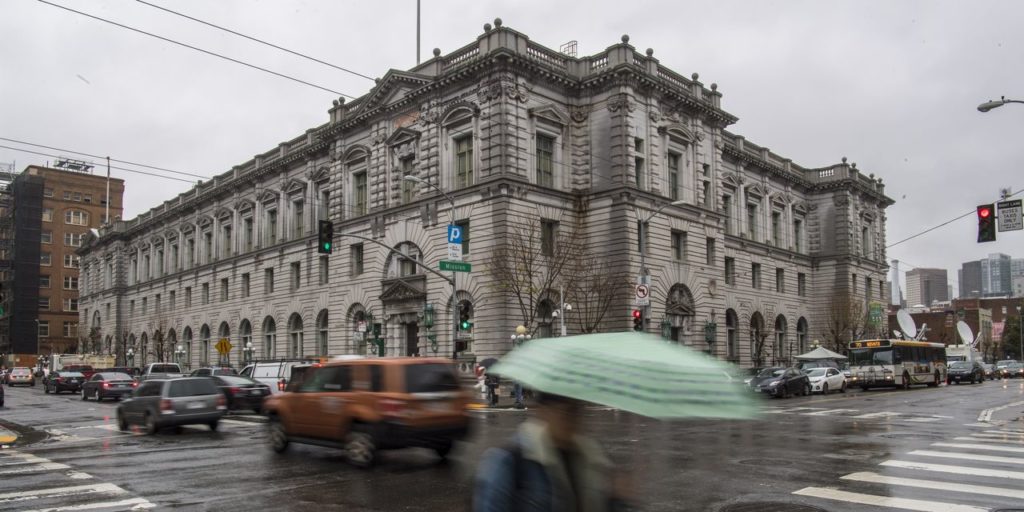A federal appeals court in San Francisco on Thursday dismissed a legal challenge to California’s state-sponsored retirement savings plan, a development that supports the growing number of public programs for private-sector workers who lack access to retirement plans at work.
By removing “uncertainty about these program’s legal status,” the decision could weaken opposition to the further adoption of state-run savings plans, which 13 states and two cities have approved, said John Scott, director of the Pew Charitable Trusts’ retirement-savings project.
Currently, California, Oregon and Illinois are enrolling workers, while states including New Jersey, Maryland and Virginia are developing programs.
The New York City Council approved such a program in late April, becoming the second U.S. city, after Seattle, to do so. New York will require employers with five or more employees that don’t offer a retirement savings plan to automatically enroll employees in an individual retirement account at 5% of pay. Employees would be free to opt out or change their savings rate, and employers are barred from making contributions
The legal case against California’s program, called CalSavers, began in 2018, when the nonprofit Howard Jarvis Taxpayers Association sought to invalidate the program in a suit in the U.S. District Court for the Eastern District of California.

